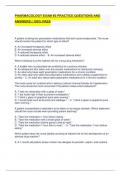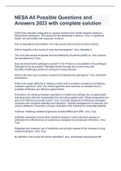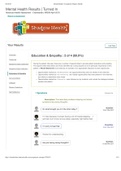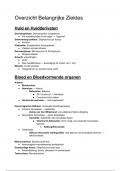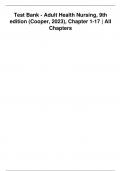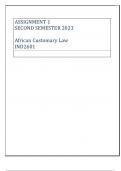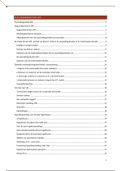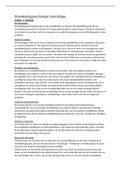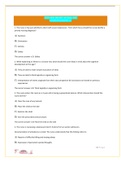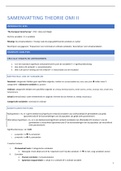Tentamen (uitwerkingen)
PHARMACOLOGY EXAM #2 PRACTICE QUESTIONS AND ANSWERS | 100% PASS
- Vak
- Instelling
PHARMACOLOGY EXAM #2 PRACTICE QUESTIONS AND ANSWERS | 100% PASS A patient is taking two prescription medications that both cause bradycardia. The nurse should monitor the patient for which type of effect? A. An increased therapeutic effect B. An increased adverse effect C. A reduced t...
[Meer zien]
